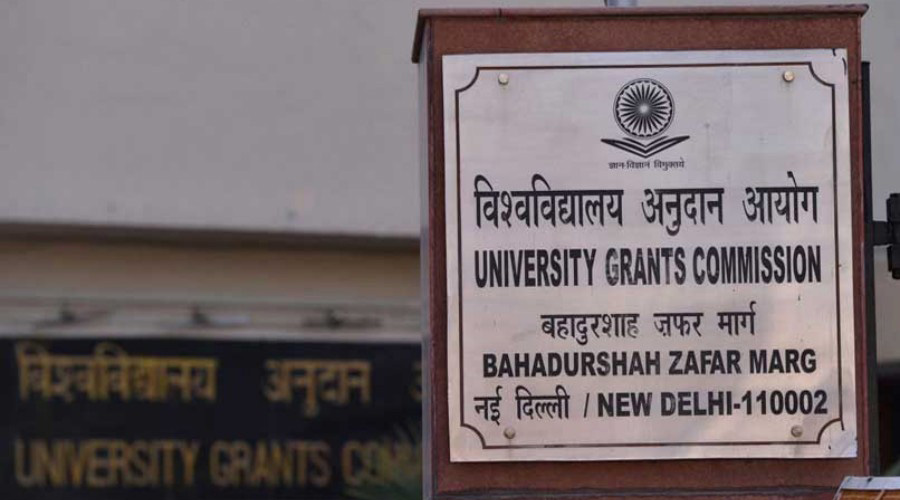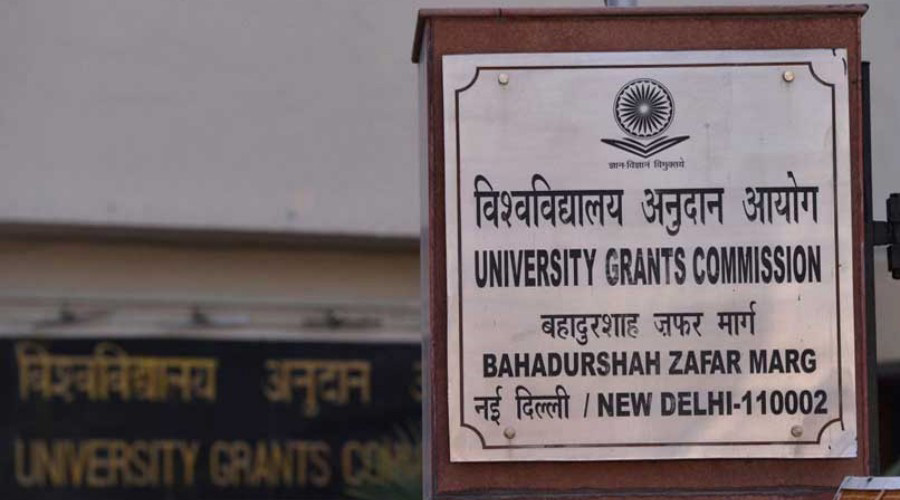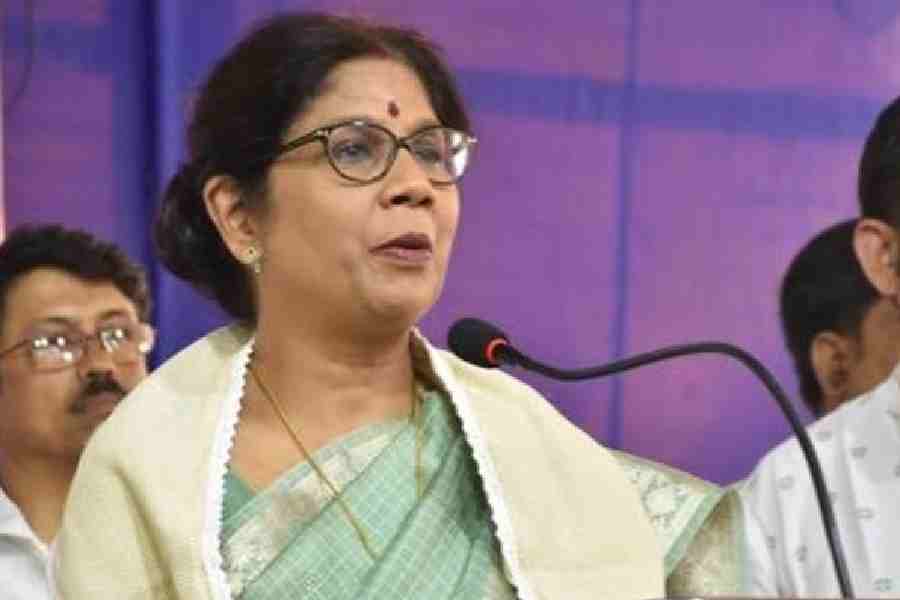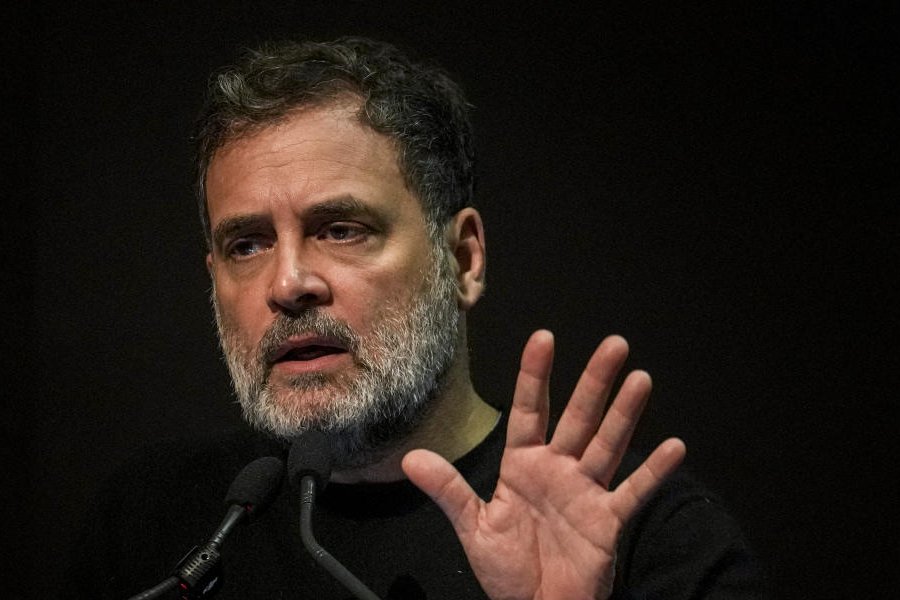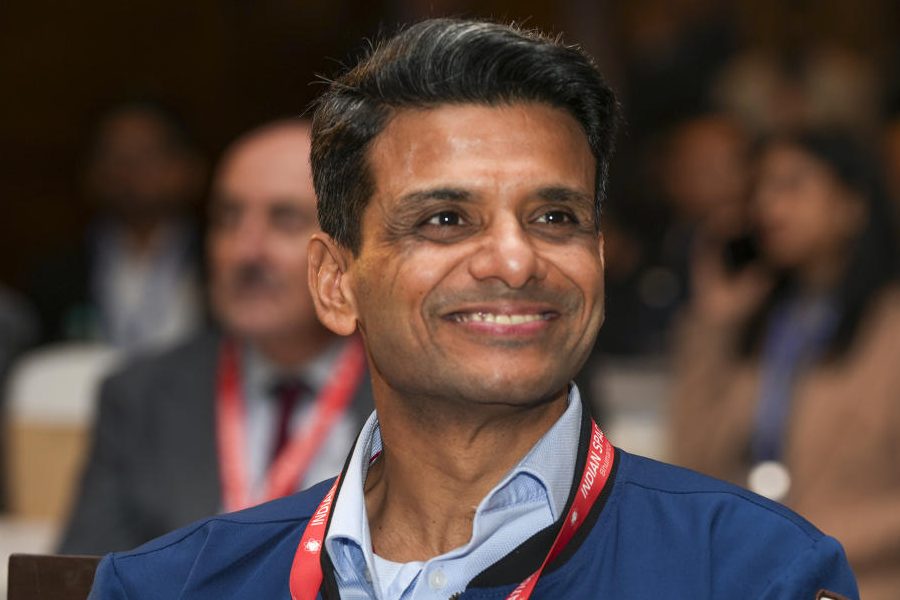University students can now pursue up to 40 per cent of an academic programme online with the flexibility of choosing any institution for the Net-based learning, according to new rules of the University Grants Commission (UGC).
Academics warned that such a move would dilute academic standards and reduce the workload at institutions, causing sanctioned posts to shrink.
The higher education regulator last week notified the UGC Credit Framework for Online Learning Courses through Study Webs of Active Learning for Young Aspiring Minds (Swayam) Regulations, 2021, under which every university is expected to recognise the credits, or points, earned by students from online courses, which can be up to 40 per cent of an academic programme.
“The higher education institution may allow only up to forty per cent of the total courses, being offered in a particular programme in a semester, through the online credit course, through the SWAYAM platform,” the notification said.
Universities in India now offer courses in the traditional face-to-face mode. After the Covid outbreak, they shifted to the online mode. However, there have been multiple complaints about poor quality of teaching and learning in the online mode and many students have been blighted by the lack of stable Internet connections and required devices such as mobile phones and computers.
Under the new rules, the Swayam-based online credit courses shall be developed and delivered by a course coordinator. On any particular topic, there can be multiple online courses developed by different coordinators of different universities. A student may choose to pursue an online programme from any university and her parent university will have to accept the score she gets. However, the same programme will have to be offered by the parent university as the remaining 60 per cent of the course will have to be completed there.
The exam for the online course may be conducted under the supervision of approved persons or through technology-enabled proctoring services.
The UGC had in 2017 allowed universities to permit students to earn credits for up to 20 per cent of any programme through the online mode. However, most universities are yet to implement it.
Delhi University (DU) Executive Council member Seema Das disapproved of the idea of substituting offline teaching with online learning.
“The conduct of teaching-learning activities in the face-to-face mode in classrooms is most productive. The teachers understand the needs of the students and address them to achieve impactful learning. In the virtual space, the quality of learning will be adversely affected. There is limited scope for teachers and students to interact. Online education can be used to supplement offline education, not substitute it,” Das said.
She also questioned the regulations being imposed on institutions.
“The universities should be left to decide on academic matters. However, the UGC is imposing new norms on academic matters. This is against the academic autonomy of universities. When it comes for discussion in the statutory bodies of the university, there will be resistance from teacher representatives,” Das said.
She said the motive behind pushing online courses was to reduce the workload in educational institutions, thereby cutting down on expenditure on higher education.
Nandita Narain, a faculty member of St Stephen’s College, said DU had about 5,000 ad hoc faculty members and many of them could face the axe when this policy was implemented.
“The ad hoc teachers have been working for over a decade in colleges. This policy will reduce the sanctioned strength of teachers. Many optional courses may be discontinued by the university because they are available online. The axe will immediately fall on the ad hoc teachers,” she said.
Former DU Executive Council member Abha Dev Habib said the students’ stake in the institution would be adversely affected if they were made to pursue 40 per cent of a course from online forums.
“When the students know they will have to come to university for partial classes, their interest will be affected. Their participation in extra-curricular activities will also go down,” Habib said.
UGC member Prof R.P. Tiwary said the proposed model would give more flexibility to students to pursue higher studies.
“The option to choose online courses will benefit the students. They will avail themselves of quality education offered by the best faculty from anywhere in the country. Academic rigour will be maintained,” he said.
Tiwary said the students would participate in e-tutorials and receive e-content on online courses. They will have ample opportunity to take part in discussions and clarify doubts, he added. There will be scope for self-assessment in terms of quizzes, assignments and multiple-choice questions, according to Tiwari.

